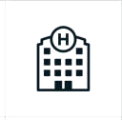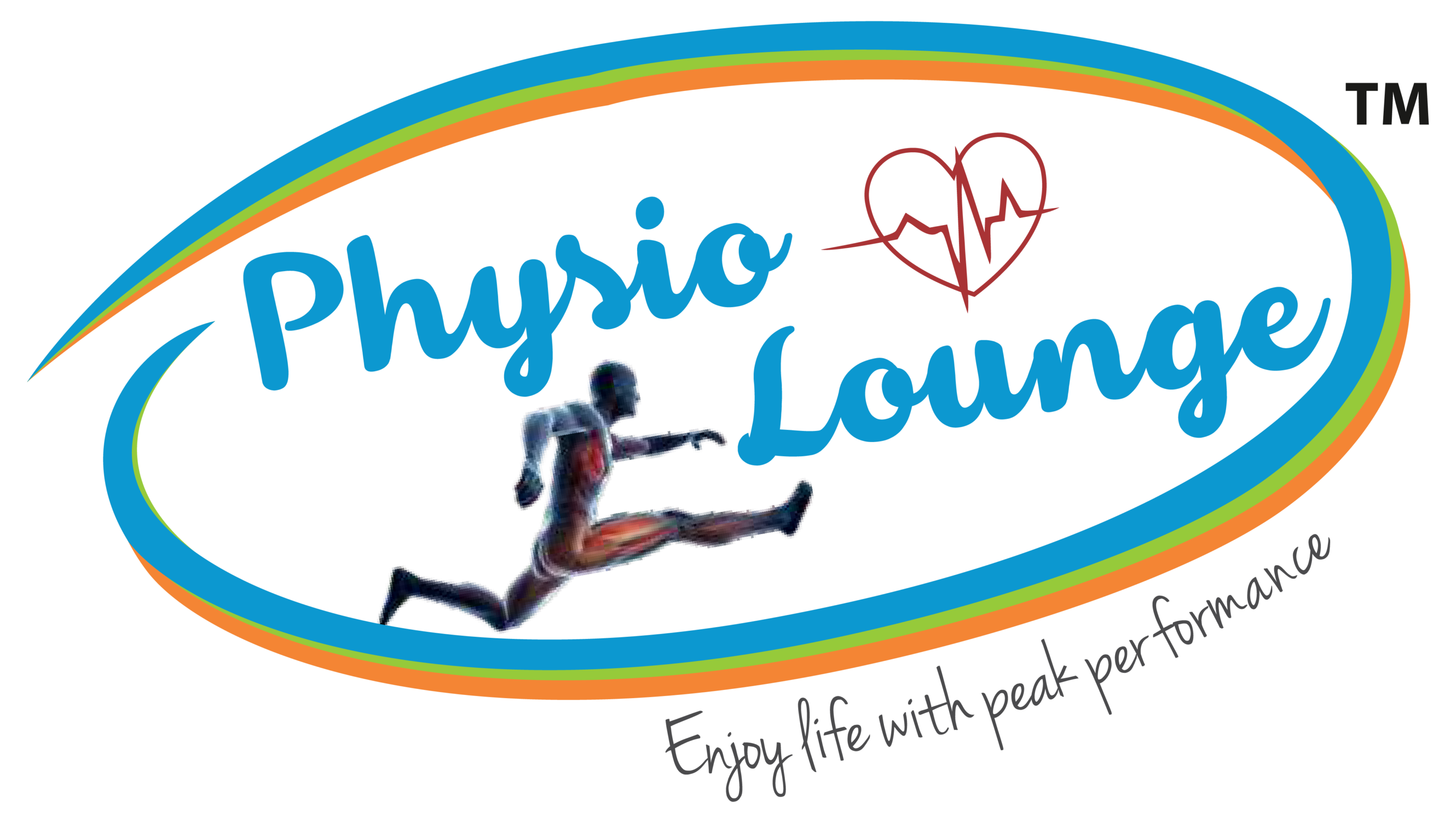Pulmonary Rehabilitation in Goregaon, Mumbai
Overview
Pulmonary Rehabilitation is a supervised education and exercise program designed to help people with chronic (long-term) lung diseases. It will not cure your lung disease, but you may notice fewer breathing problems, more strength and an improved quality of life.
Pulmonary Rehabilitation in Goregaon at Physio Lounge, physiotherapist will design a plan that takes all of your needs, strengths and weaknesses into account. You may start by stretching, then get on a stationary bicycle or treadmill, or even exercise while you’re sitting. You may build your strength using light weights.
Regular exercise will improve your strength and endurance and will help you get through your day easier. Many Pulmonary Rehabilitation programs offer counseling or support groups because managing your mental and emotional health is just as important as managing your physical health.
Benefits of Pulmonary Rehabilitation

Improve your ability to do daily living activities

Improve quality of life and well-being.

Remove fear of anxious

You might not have to go to the hospital as often
Role of Pulmonary Physiotherapists
Pulmonary rehabilitation physiotherapists play a key role in helping people with chronic lung diseases improve their quality of life. They do this by providing education, exercise, and other therapies to help patients breathe easier and function better.
Specifically, pulmonary rehab physiotherapists may:
- Assess the patient’s physical abilities and lung function to develop a personalized treatment plan.
- Teach the patient about their lung disease, how to manage it, and how to do the exercises safely.
- Design an exercise program that is tailored to the patient’s needs and abilities. This may include aerobic exercises, strength training, and breathing exercises.
- Teach the patient breathing techniques to help them control their breath and reduce shortness of breath.
- Provide emotional support and encouragement to help the patient stay motivated.
How Do I Know If I Need Pulmonary Physiotherapy?
Any person with a chronic lung disease might benefit from Pulmonary Rehabilitation in goregaon at Physio Lounge.
Examples of chronic lung conditions include:
COPD: Chronic obstructive pulmonary disease
Interstitial lung disease
Lung cancer and lung cancer surgery
Lung volume reduction surgery before and after a lung transplantation
Asthma
Cystic fibrosis
Pulmonary hypertension
How does Pulmonary Rehabilitation work?
Chronic lung disease can cause your muscles to become weak. The muscles involved in breathing and in moving must be re-strengthened. You will have your own exercise program designed to improve your strength and endurance. You will receive education about your disease or
condition.
During the educational parts, you will learn:
How to manage your symptoms
How to deal with shortness of breath
How to best use your respiratory medicines to treat your lung condition
How to use home medical equipment if it’s needed
How to make good nutritional choices and manage your weight, and diet
In the exercise classes, your Pulmonary Rehabilitation staff will design a plan that takes all of your needs, strengths and weaknesses into account. You may start by stretching, then get on a stationary bicycle or treadmill, or even exercise while you’re sitting. You may build your strength using light weights. Regular exercise will improve your strength and endurance and will help you get through your day easier.
How does Pulmonary Rehabilitation work?
Chronic lung disease can cause your muscles to become weak. The muscles involved in breathing and in moving must be re-strengthened. You will have your own exercise program designed to improve your strength and endurance. You will receive education about your disease or
condition.
During the educational parts, you will learn:
How to manage your symptoms
How to deal with shortness of breath
How to best use your respiratory medicines to treat your lung condition
How to use home medical equipment if it’s needed
How to make good nutritional choices and manage your weight, and diet
In the exercise classes, your Pulmonary Rehabilitation staff will design a plan that takes all of your needs, strengths and weaknesses into account. You may start by stretching, then get on a stationary bicycle or treadmill, or even exercise while you’re sitting. You may build your strength using light weights. Regular exercise will improve your strength and endurance and will help you get through your day easier.
Treatment Procedures
A number of treatment approaches are used, often incorporating a selection of the following as appropriate:
Breathing techniques
Psychological counseling
Nutritional counseling
Medication
The specific treatments that are recommended will vary depending on the individual patient’s needs and goals. Pulmonary rehab physiotherapists work closely with other healthcare professionals, such as doctors, nurses, and respiratory therapists, to create a treatment plan that is tailored to each patient’s individual needs.
Our Approach & What to Expect on Your First Visit
Our approach is to use a combination of artificial intelligence and human expertise to provide comprehensive and informative answers to your questions. We do this by first understanding the context of your question, then using our knowledge base to find the most relevant information. We then process this information using our AI algorithms to generate a comprehensive and informative answer. Finally, we have human experts review our answers to ensure that they are accurate and helpful.
On your first visit you must expect the following:
Welcome and Introductions
When you arrive, our friendly staff will welcome you and introduce you to your therapist.
Medical History
You’ll be asked about your medical history, including your neurological condition, any previous treatments, and medications. We’ll discuss your goals for rehabilitation. What do you want to achieve? Whether it’s regaining mobility, reducing pain, or improving function, your goals are our guide.
Assessment
Your assessment will be done by a nurse, respiratory therapist, exercise physiologist, or other healthcare provider. You may do a stress test that measures your oxygen level, blood pressure and heart rate, followed by pulmonary function tests to check your breathing and a walking test to measure how far you can go in six minutes.
Questions and Concerns
Feel free to ask questions or share any concerns you may have. We encourage open communication to make your experience as comfortable as possible. Your therapist will explain the treatment techniques and exercises, ensuring you understand the purpose and how they will benefit you. Also your first session may include hands-on treatment, such as manual therapy or gentle exercises, depending on your condition and needs.
Future Appointments
We’ll schedule future appointments as needed, and your therapist will provide guidance on at-home exercises and self-care. Throughout your journey with us, we’ll offer continuous support, motivation, and guidance to help you achieve your rehabilitation goals.
Frequently Asked Questions
Where is Pulmonary Rehabilitation done? How often do I have to go?
Most Pulmonary Rehabilitation programs will be done at your local
hospital or outpatient health center. Pulmonary Rehabilitation is usually
two or three times a week for four to 12 weeks or more. Some programs
even offer in-home sessions. Be sure to attend every session so you get
the most out of the program! It may be hard and will take some time, but
you should feel much better after attending.
What are the risks of Pulmonary Rehabilitation?
There are very few risks involved with Pulmonary Rehabilitation. You will
get short of breath, but your exercise will be carefully monitored. You
may have sore muscles when you first start the program, but this should
improve with regular exercise. Your Pulmonary Rehabilitation team is
highly trained and they will see to it that you get the best treatment.
How effective is Pulmonary Rehabilitation??
Pulmonary Rehabilitation is effective if you put effort into it. With
Pulmonary Rehabilitation, you may find the exercise and breathing
techniques you learn will keep you from getting out of breath while
walking between your living room and the kitchen or while walking to get
your mail.
Pulmonary Rehabilitation gives you the best results if you continue to do
the exercises and use the skills you learn long after you’ve completed the
program.

